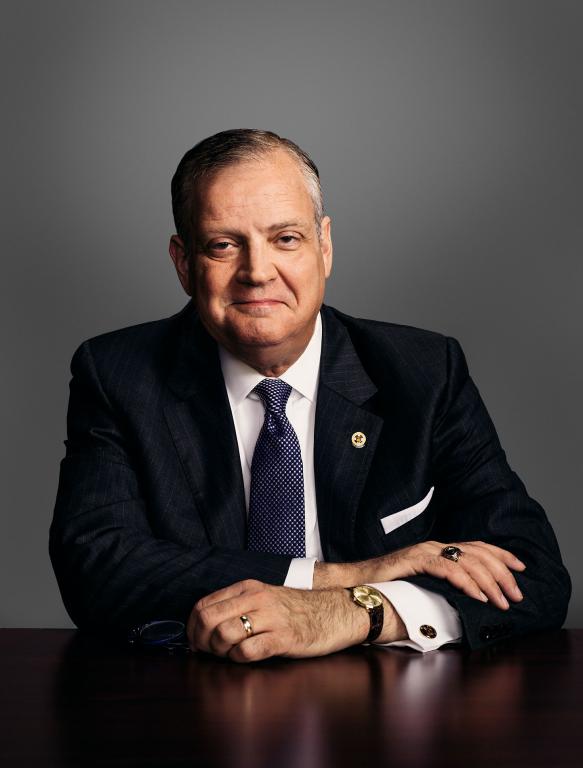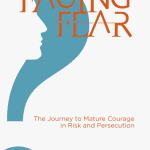
In a contemporary religious landscape marked by complexity and division, some conservative evangelicals have embarked on a unique trajectory of interpreting Christian faith and practice, transforming a myriad of matters into “essential” theological issues. This curious trend, akin to a “theological trojan horse,” often goes unnoticed. Yet its implications on the unity and diversity within the Christian community cannot be overstated.
Is Everything “Essential”?
Among the leading figures in this realm is Al Mohler, President of the Southern Baptist Theological Seminary, who is a notable proponent of this drift. The recent uproar surrounding the issue of women pastors in the Saddleback Church presents a perfect case in point.
 Mohler, in a recent article, sternly warned that the appointment of women pastors at Saddleback was a serious threat to the unity of the Southern Baptist Convention (SBC). For Mohler, this was not merely a matter of church governance or biblical interpretation; it was instead a test of one’s faith in the authority of the Bible. Mohler argues,
Mohler, in a recent article, sternly warned that the appointment of women pastors at Saddleback was a serious threat to the unity of the Southern Baptist Convention (SBC). For Mohler, this was not merely a matter of church governance or biblical interpretation; it was instead a test of one’s faith in the authority of the Bible. Mohler argues,
“It’s a matter of biblical commitment, a commitment to the Scripture that unequivocally we believe limits the office of pastor to men.”
This stance illustrates a prime example of the theological Trojan horse. On the surface, it could appear to be a robust defense of what is perceived as biblical inerrancy. However, upon closer examination, we discern a critical conflation between the purported inerrancy of Scripture and the inerrancy of their interpretation of it.
In essence, those like Mohler elevate their interpretative conclusions to the status of biblical truths, thereby making every theological nuance and disagreement a fundamental issue of Christian faith and practice.
Interestingly, Mohler’s selective essentialism becomes all the more apparent when we consider his stance on the debates surrounding Calvinism. Despite the profound theological implications and potentially divisive nature of this issue, Mohler does not deem this a threat to unity or a matter of biblical commitment. This inconsistent application of “essentialism” exposes the subjective nature of what is deemed “essential” and raises questions about the motivations and consequences of such interpretive decisions.
I believe both egalitarians and complementarians can differ in their reading of the Bible on this issue yet be committed to the authority and truthfulness of Scripture. Sadly, Mohler and others soak in the cultural waters that forge false dichotomies (e.g., one is committed to Scripture OR one is an egalitarian).
Three Theological Effects
The effect of this theological maneuver is threefold. First, it inevitably breeds division and discord within the church community. By making every issue an “essential” one, it becomes nearly impossible to nurture unity amidst diversity. After all, unity inherently entails diversity. The door is opened for further fragmentation within the Church.
Second, this interpretive approach limits the opportunity for healthy theological discourse. By transforming every disagreement into a matter of biblical fidelity, it stifles theological exploration and conversation that could otherwise lead to greater understanding and enrichment of the Christian faith.
Finally, the unconscious emphasis on the inerrancy of interpretation rather than the inerrancy of Scripture ignores the complex nature of biblical revelation. God reveals himself to people across several ancient cultures. At the same time, it is also for people of all nations and times. Consequently, not everything in Scripture will have an obvious or unambiguously clear meaning for all readers.
While I commend Mohler’s desire to honor God according to conscience, he makes no room for the possibility that textual issues and personal background could muddy debates about certain passages like 1 Timothy 2.
In conclusion, the theological essentialism championed by conservative evangelicals such as Mohler represents a grievous shift in the landscape of Christian faith and practice. While the commitment to biblical fidelity is indeed admirable, the danger lies in the conflation of biblical inerrancy with the inerrancy of one’s interpretation.
This creates a theological trojan horse that, under the guise of defending Scripture, may undermine unity, hinder theological exploration, and obscure the dynamic work of God’s Spirit within the Church. It is incumbent upon us, as the Body of Christ, to discern and navigate these issues carefully, preserving unity while allowing for diversity and theological exploration.













